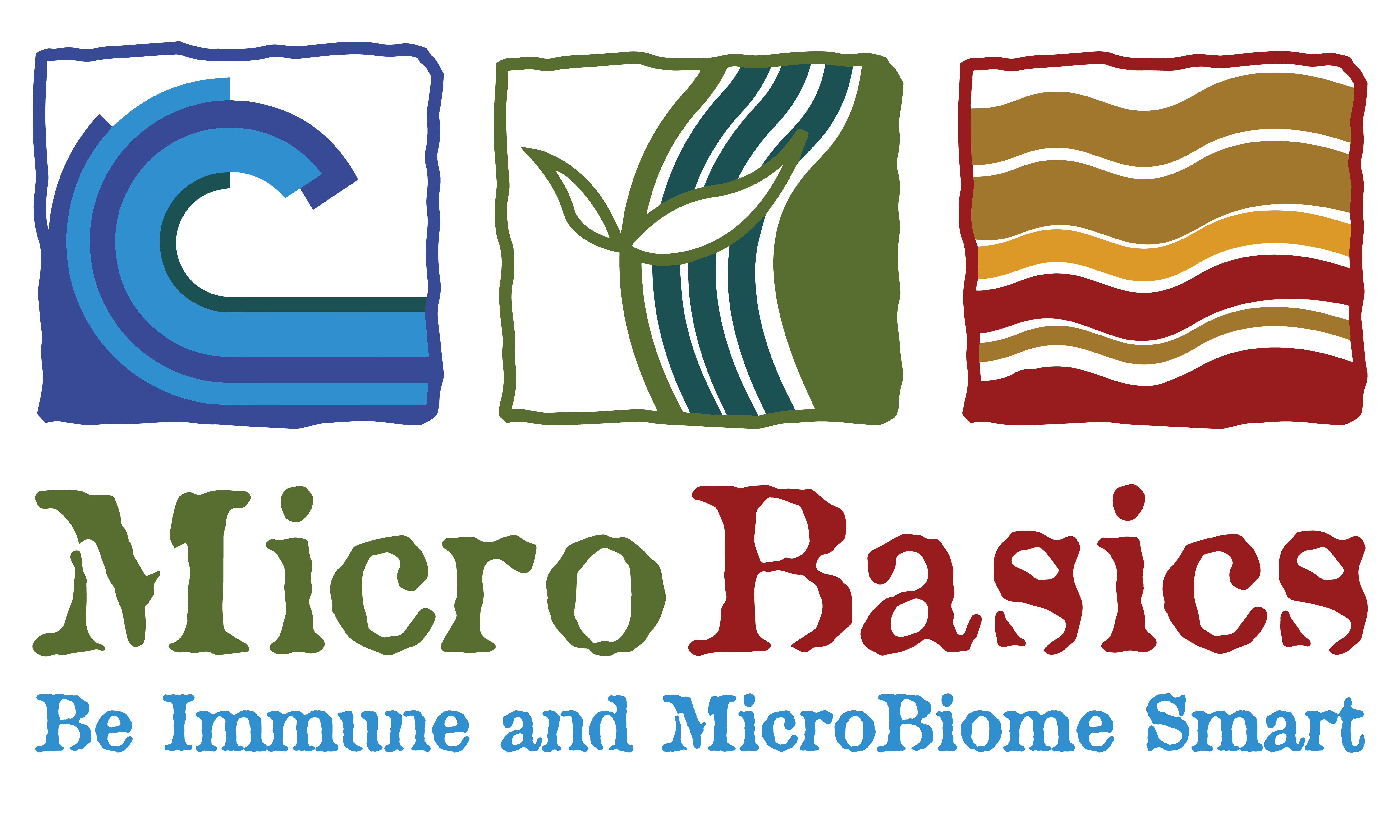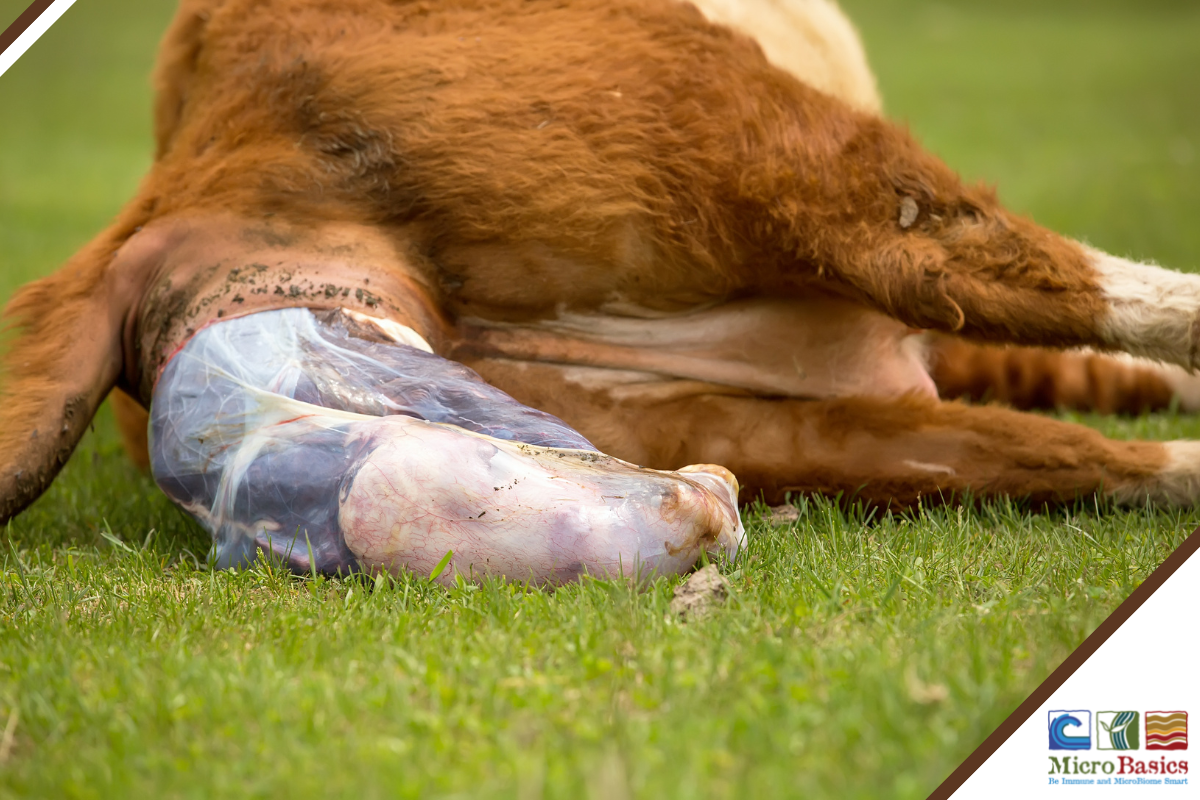In the calf world we talk a lot about average daily gain and the effects that better gains early on in life have on lifetime production. Although gains early on in life are important and do affect productivity, much of the growth and development affecting lifetime productivity may be taking place in utero, even before the calf is even born.
In Utero
Fetal growth and development are profoundly influenced by the in-utero environment. In humans approximately 20% of stunting has in-utero origins. Growth deficits in-utero are associated with maternal or placental inflammation and infection. This suggests that there may be a role that the microbiome plays in fetal growth and development. It is also very likely that these same mechanisms come into play when we talk about neonatal calf growth and development.
In the United States, and likely many other countries, poor intrauterine environments may occur due to: 1) malnutrition, 2) insufficient energy supply, 3) heat stress or other stressors, 4) overweight mother cows. Each of these stressors influences the nutritional status of the dam as well as her microbial population. In turn affecting the growth and development of the fetus.
A poor uterine environment during the first trimester can have significant impacts on the development of the mammary gland, ovaries, and development of homeostatic mechanisms in the liver and pancreas. Proper development of these organs is critical for future lifetime milk production, heart, lung, pancreatic, kidney, and placental health. Other performance outcomes influenced by intrauterine growth are the development of the small intestine and muscle, weaning weight, and reproductive performance.
Establishment of Gut Microbiota
Vaginal delivery plays a key role in colonizing the calf with beneficial microbiota at birth. Typically, vaginal microbiota is dominated by one of four Lactobacillus species. These bacteria are swallowed by calf and colonization of the digestive tract begins. Other bacteria are also ingested by the calf as it enters a new environment. These bacteria are not always helpful. It is important to provide the calf with a clean area to be born so that harmful bacteria do not outcompete the beneficial ones during colonization of the digestive tract.
Colostrum is important not just for passive transfer of IgG, but also for the colonization of the gut. Bacterial composition of colostrum can be highly important for microbial colonization as fresh colostrum contains Lactobacillus, Bifidobacterium, Escherichia, Staphylococcus, Coliforms, and Streptococcus. Additionally, colostrum contains certain oligosaccharides that serve as substances for growth of the establishing bacterial community and for preventing pathogens from binding to the intestinal epithelial cells.
As the calf continues to grow and transition to dry feed the composition of gut microbiota continues to shift until the calf becomes a fully functioning ruminant. Although the rumen provides a home for a diversity of bacteria, the lower digestive tract still proves to be a very important player in digestion and the immune system.
Immunity
Early development of gut microbiota is thought to be very important for the proper development of the immune system. Dynamic interactions between gut microbes and the innate and adaptive immune systems of the calf play vital roles in promoting intestinal homeostasis and inhibiting inflammation.
Gut microbiotas metabolize proteins and complex carbohydrates, synthesize vitamins, and produce a large amount of metabolic products that mediate communication between the gut epithelial and immune cells. Gut dysbiosis can also dysregulate immune responses, cause inflammation, and oxidative stress.
Management Factors Influencing Gut Colonization
We have come to know so much about the effects that gut microbiota have on the immune system. There is still much to learn, but here are some key takeaways that you can easily apply on your farm today.
1. Manage stress and inflammation in pregnant and transition cows. Provide proper nutrition and modulate the gut environment and the immune system with a direct fed microbial. (Achieve)
2. Not every calving is perfect. Calves experiencing a difficult birth, or that did not get adequate colostrum are good candidates to receive supplemented levels of lactobacillus. (Sync)
3. Every calf gets adequate amounts of high-quality colostrum and transition milk if possible.
4. Clean calving pen to prevent inoculation of harmful bacteria.
5. Avoid using oral antibiotics if possible. Turn to products that bind and remove pathogens instead. (Surveillance)
6. Provide the calf with appropriate starter feed and fresh water.
Sources:
Hang BPT, Wredle E, Dicksved J. Analysis of the developing gut microbiota in young dairy calves-impact of colostrum microbiota and gut disturbances. Trop Anim Health Prod. 2020 Dec 28;53(1):50. doi: 10.1007/s11250-020-02535-9. PMID: 33369699; PMCID: PMC7769786.
Malmuthuge, N. Effect of Early-Life Microbial Interventions on Health and Immunity. Lethbridge Research and Development Centre, 2018.
Schoonmaker, J. Effect of Maternal Nutrition on Calf Health and Growth. Purdue University, 2013.
(PDF) Effect of maternal nutrition on calf health and growth (researchgate.net)
Written by: Mariah Gull, M.S.

